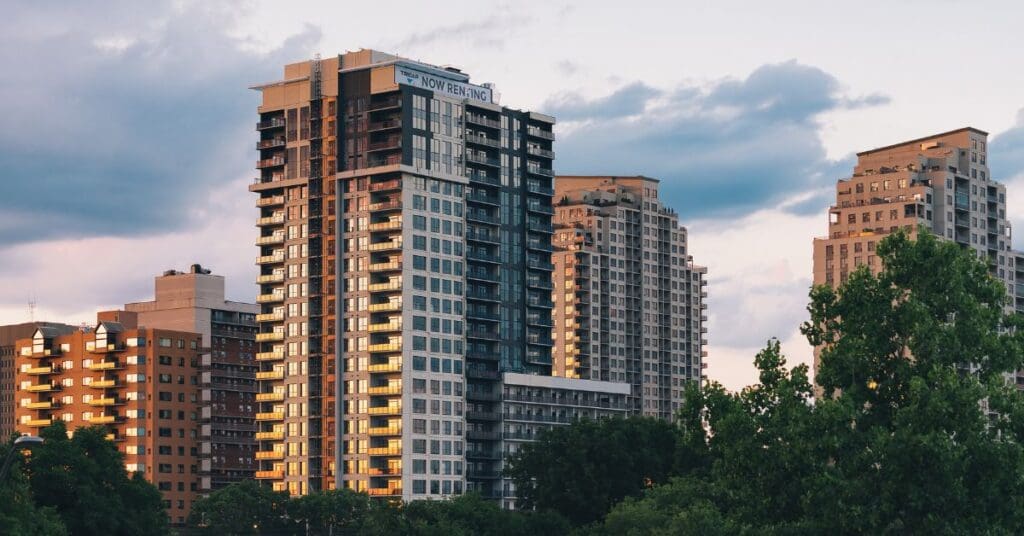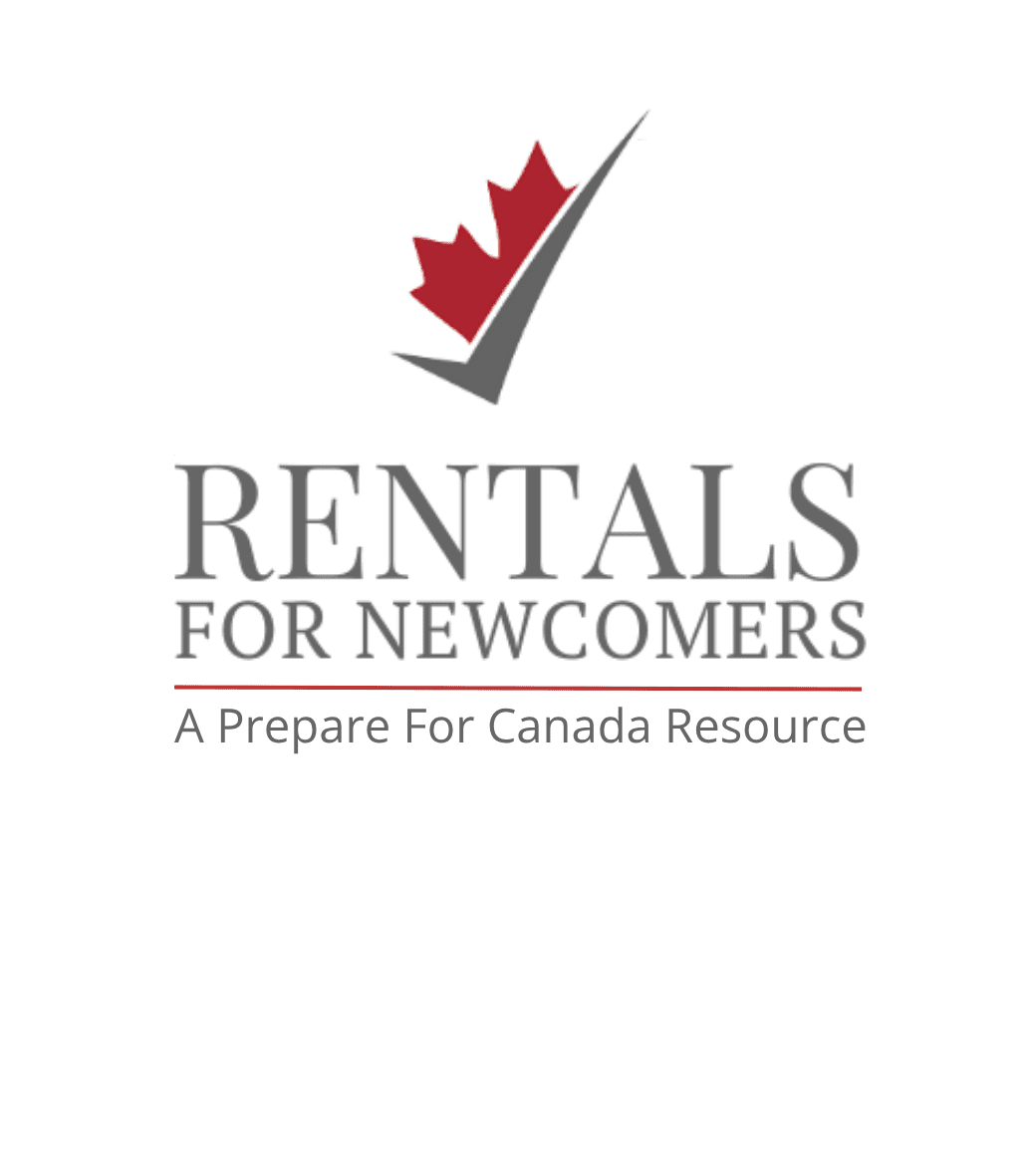Finding a place to live is one of the most important parts of your settlement journey in Canada. Housing needs change as you move from pre-arrival planning to post-arrival settlement (finding long-term housing or even homebuying). This hub brings together the essential stages, practical FAQs, and key housing terms every newcomer should know.
This page acts as your starting point for housing in Canada, linking you to detailed guides for each stage of the settlement journey, FAQs, and practical definitions to help you navigate with confidence
Settlement Journey Stages
Pre -Arrival: Research Before You Land
Learn about average rents, safe neighbourhoods, and what documents landlords may request so you arrive prepared.
Explore and book temporary housing options such as hotels, hostels, homestays, or furnished rentals for your first weeks in Canada.
Post -Arrival: Transition to Long-Term Rentals
Know how to spot and avoid common rental scams.
Discover how to rent without credit, vital rental application tips, and what to know about rental leases and tenant rights.
Frequently Asked Questions
Provide proof of income, references, or offer a larger deposit.
Identification, proof of income, references, and (if available) a credit report.
Rental prices vary widely, around $1,200 – $1,600 for a one-bedroom in smaller cities and $2,500+ in major hubs like Toronto or Vancouver.
Check crime rates, rental prices, transit access, and nearby schools or services. Newcomer settlement agencies and online tools can also guide your search.
Tenants have the right to safe housing, privacy, timely repairs, and protection from unfair rent increases or eviction. Provincial tenancy boards set the rules.

Pre-Arrival Featured Content

Pre-Arrival
Can Landlords Say No To Pets in Canada? Rental Rules Explained

Pre-Arrival
Rental Market in Canada 2026: Rent Prices, Vacancy Rates & Newcomer Outlook

Pre-Arrival
How Can I Find Short-Term Rentals in Canada?

Pre-Arrival
How Can Newcomers Find the Right Home in Canada?

Pre-Arrival
What are Types of Housing in Canada?
Post-Arrival Featured Content

Arrival
Renting Your First 2-Bedroom Apartment in Canada: A Newcomer’s Guide

Arrival
How to Choose an Apartment for Your Family: A Guide for Newcomers

Arrival
What are Tenant Rights in Canada? A Newcomer’s Guide

Arrival
Rental Application Tips for Newcomers in Canada to Get Approved

Arrival
Can You Rent in Canada Without a Credit History?

Arrival
How Can Newcomers Avoid Rental Scams? 10 Smart Tips

Arrival
Is a Basement Apartment the Right First Home in Canada?

Arrival
Student Accommodation in Canada | Factors to Consider

Arrival
Renting with a Real Estate Agent in Canada: What You Need to Know








